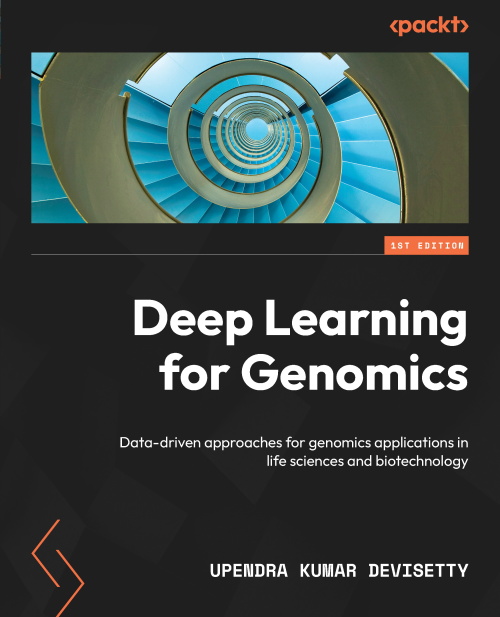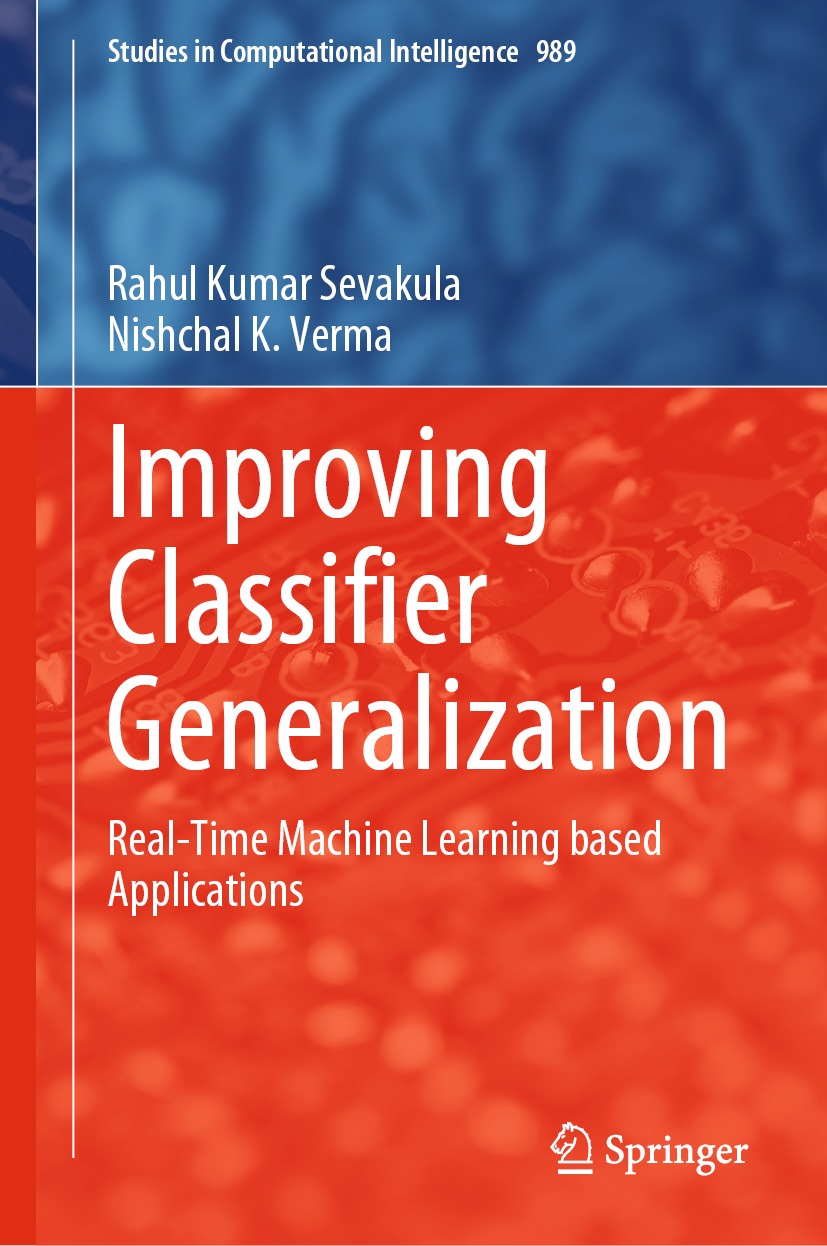Learn concepts, methodologies, and applications of deep learning for building predictive models from complex genomics data sets to overcome challenges in the life sciences and biotechnology industries Key Features Apply deep learning algorithms to solve real-world problems in the field of genomics Extract biological insights from deep learning models built from genomic datasets Train, tune, evaluate, deploy, and monitor deep learning models for enabling predictions in genomics Book Description Deep learning has shown remarkable promise in the field of genomics; however, there is a lack of a skilled deep learning workforce in this discipline. This book will help researchers and data scientists to stand out from the rest of the crowd and solve real-world problems in genomics by developing the necessary skill set. Starting with an introduction to the essential concepts, this book highlights the power of deep learning in handling big data in genomics. First, you’ll learn about conventional genomics analysis, then transition to state-of-the-art machine learning-based genomics applications, and finally dive into deep learning approaches for genomics. The book covers all of the important deep learning algorithms commonly used by the research community and goes into the details of what they are, how they work, and their practical applications in genomics. The book dedicates an entire section to operationalizing deep learning models, which will provide the necessary hands-on tutorials for researchers and any deep learning practitioners to build, tune, interpret, deploy, evaluate, and monitor deep learning models from genomics big data sets. By the end of this book, you’ll have learned about the challenges, best practices, and pitfalls of deep learning for genomics. What you will learn Discover the machine learning applications for genomics Explore deep learning concepts and methodologies for genomics applications Understand supervised deep learning algorithms for genomics applications Get to grips with unsupervised deep learning with autoencoders Improve deep learning models using generative models Operationalize deep learning models from genomics datasets Visualize and interpret deep learning models Understand deep learning challenges, pitfalls, and best practices Who this book is for This deep learning book is for machine learning engineers, data scientists, and academicians practicing in the field of genomics. It assumes that readers have intermediate Python programming knowledge, basic knowledge of Python libraries such as NumPy and Pandas to manipulate and parse data, Matplotlib, and Seaborn for visualizing data, along with a base in genomics and genomic analysis concepts.












![HOGARTHS PROGRESS [DVD]](https://avmedia.ams3.cdn.digitaloceanspaces.com/5/22/5226bd9e-9147-4e33-94d1-eaaeb2f7351b.webp)